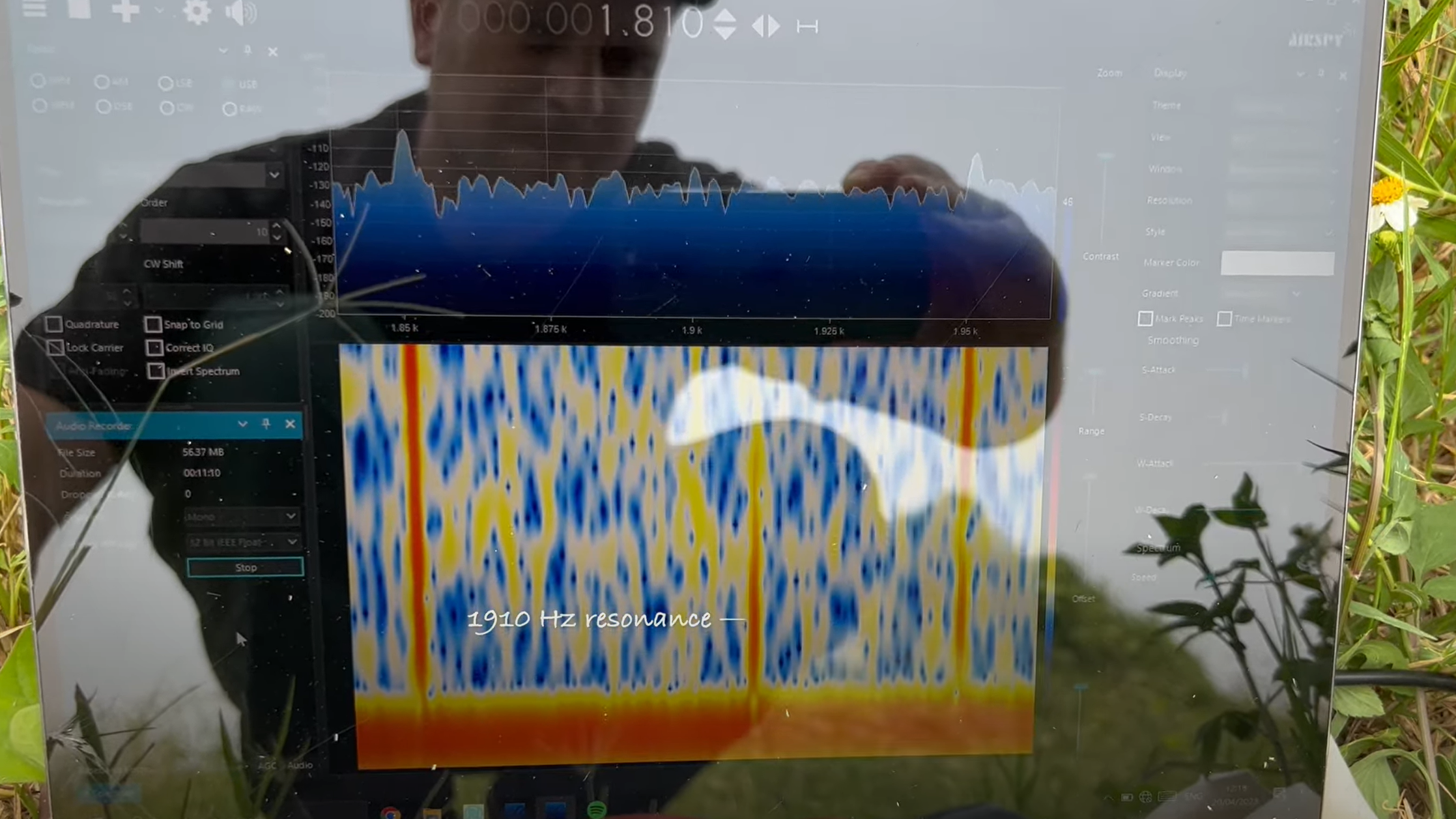"The 'NMRduino' is a magnetic resonance spectrometer based on (but we must stress, not endorsed or supported by) Arduino that we have developed over recent years to study hyperpolarized nuclear magnetic resonance (NMR) systems, NMR relaxation, high-resolution spectroscopy, and coherent control at low magnetic fields, as well as teach basic principles of magnetic resonance to student beginners."
It's the size of a credit card but contains all electronic components and connects to any laptop, desktop or Raspberry Pi computer via USB. Does pulse and analog sampling up to 100 kHz.
All the hardware plans and software source code were published in April, but I didn't find out about this project until today.
If you're thinking of MRI images like you would get at a medical office, that's not what this is. What this is is a system for detecting the effects of nuclei in an oscillating magnetic field, which you can induce for chemical systems. This board can induce magnetic field pulses and pick up the electromagnetic reaction from the nuclei of the atoms in the sample. This can be used to determine properties of the nuclei, for example, isotopes, which are atoms of the same element but with different numbers of neutrons.


